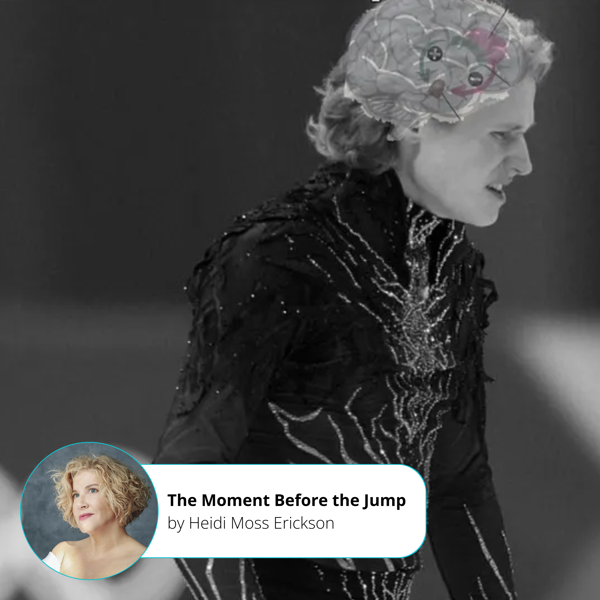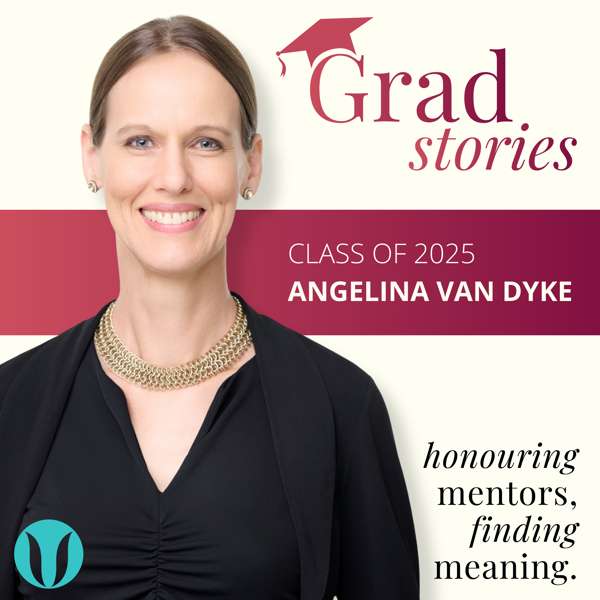MA Lecturer Emily Foulkes Reflects On Her Paper Presentations For The British Voice Association Conference
Friday 10th September 2021Presenting my research at the BVA – Choice for Voice Conference 3-5th September Emily Foulkes
The long-awaited BVA conference took place online from 3-5th September 2021. Having had the in person conference thwarted by Covid, the organisers made the decision to take the conference online. With more than 200 participants from across the world, the presentations spanned a vast range of topics, from clinical interventions to teaching strategies across the age ranges. What particularly stood out was the presentation of multi-disciplinary and multi-sensory approaches to voice practice. This is perhaps what made my research well suited to the conference. I was delighted to present two papers, from my research undertaken on my MA in Voice Pedagogy.
These were;
- Building resilience through voice and singing for children and young people with adverse childhood experiences. This was a mixed methods study examining the mental health and well-being outcomes from a one to one singing programme.
There is evidence that links the voice with emotion (Panskepp & Biven, 2012) and that singing, voice and breath can reduce toxic stress (Porges, 2011). The results showed overall a 28.6% increase in pro-social systems (CARE, SEEKING and PLAY) and a 12.4% decrease in social defence systems (FEAR, RAGE, PANIC/GRIEF). Overall there were increases in all executive functions, with confidence and self-esteem the most significant. Other executive functions measured were; handling stress, thinking and concentration, interpersonal skills and emotional literacy. All children reported they felt safe and listened to, noticed improvements in their voice and felt they had been able to develop their ideas. The following themes emerged;
- Voice for Expression vs Singing for Regulation
- Importance of Play, Playfulness and Co-creation
- Relational and Empathy Skills – Creating a Nurturing Environment of Safety and Acceptance
The developments since this research include securing funding to roll out training for singing leaders/teachers in trauma and mental health informed practice (in partnership with Sing Up and the Sing Up Foundation). I have delivered training to a number of community music organisations, Music Education Hubs, the Voice Study Centre, for Trinity/Laban and for the Centre for Child Mental Health.
- An Exploration into the Viability of Holistic Singing for Pain Management. Presenting literature review and pilot research findings, along with the development of an NHS programme and research project.
The literature review uncovered evidence which supported the notion that singing is good for health and well-being. Specifically, the production of endorphins can reduce perceived pain (Smith et al, 2010). Evidence from small scale studies found that pain levels and feelings of depression decreased and overall feelings of well-being increased. Whilst not statistically significantly, common themes support the theory that holistic singing can have positive effects on pain management and associated issues. The pilot study validated results from the literature review. Analysis of all the data resulted in emergent themes;
- Importance of group and peer connections
- Trust and making a positive connection with group members
- The role of relaxation methods
- Body awareness and voice, body connection
- Voice care and ageing voice based on implications of poor posture on vocal quality
- Consideration of repertoire and content for sessions
The research led to the development of a multi-modal programme for pain management funded as a pilot feasibility study by the NHS.
Summary
Although these research projects were undertaken between 2017-2019, I have continued to research and build on the initial work. For me, research is an ongoing process and whilst I can draw on the findings of these projects, the thinking, practice and development moves forward, so that the research isn’t static or stagnant. It continues to have value and meaning, when placed within the context of the current environment and my professional practice.
As a reflective practitioner, I am constantly reviewing and reflecting in and on action (Shon) and find connections and relevance where possible, so that both research and practice can enhance each other. I am constantly refreshing my knowledge and it’s empowering to look back at previous research projects and reflect on the continued learning that has taken place. This is, I think, one of the most valuable aspects of being a practitioner researcher. The process never ends! Conferences such as this one, provide an excellent platform to share knowledge, findings as well as hopes and aspirations for the future. In this case, it was also a proud moment for the Voice Study Centre to have so many alumni presenting their research, alongside some of the world’s most renowned voice pedagogues.




